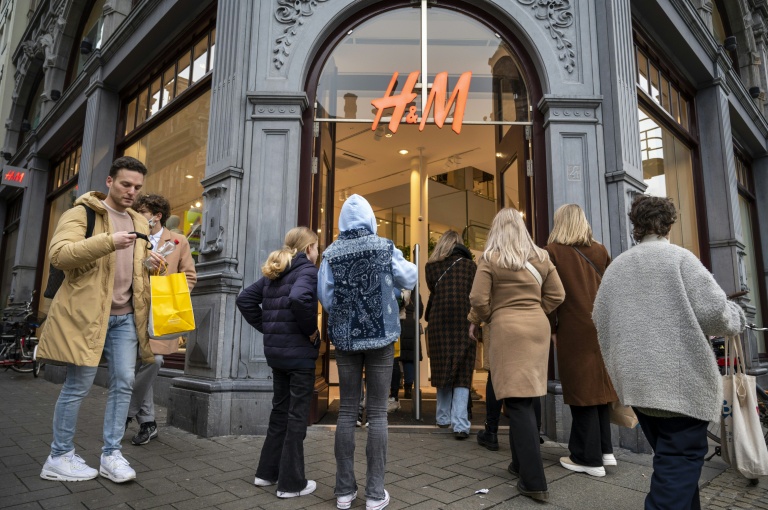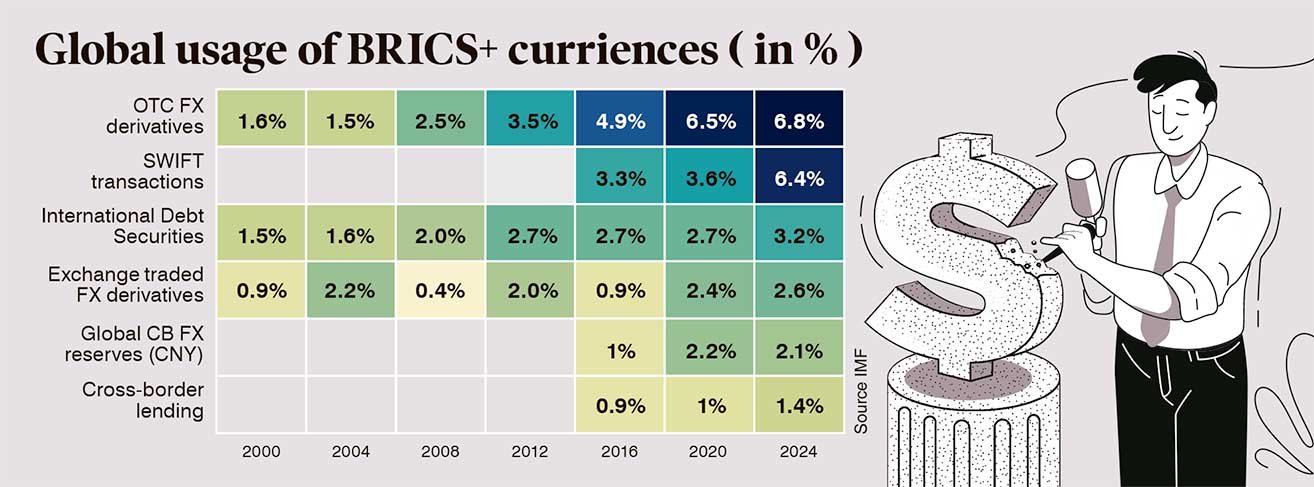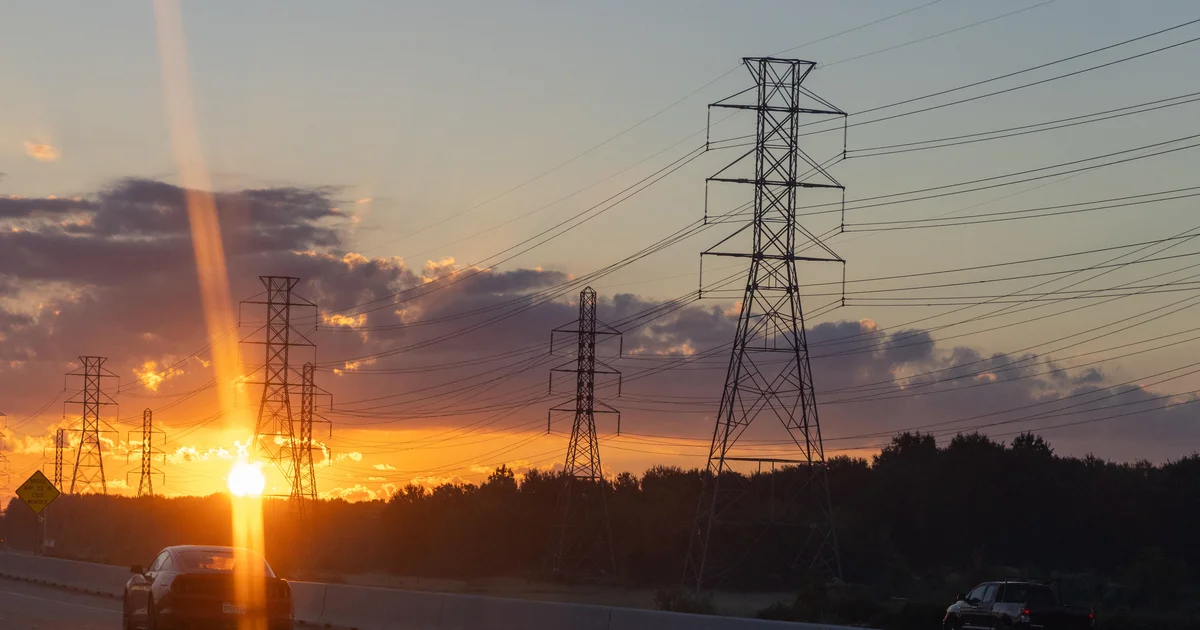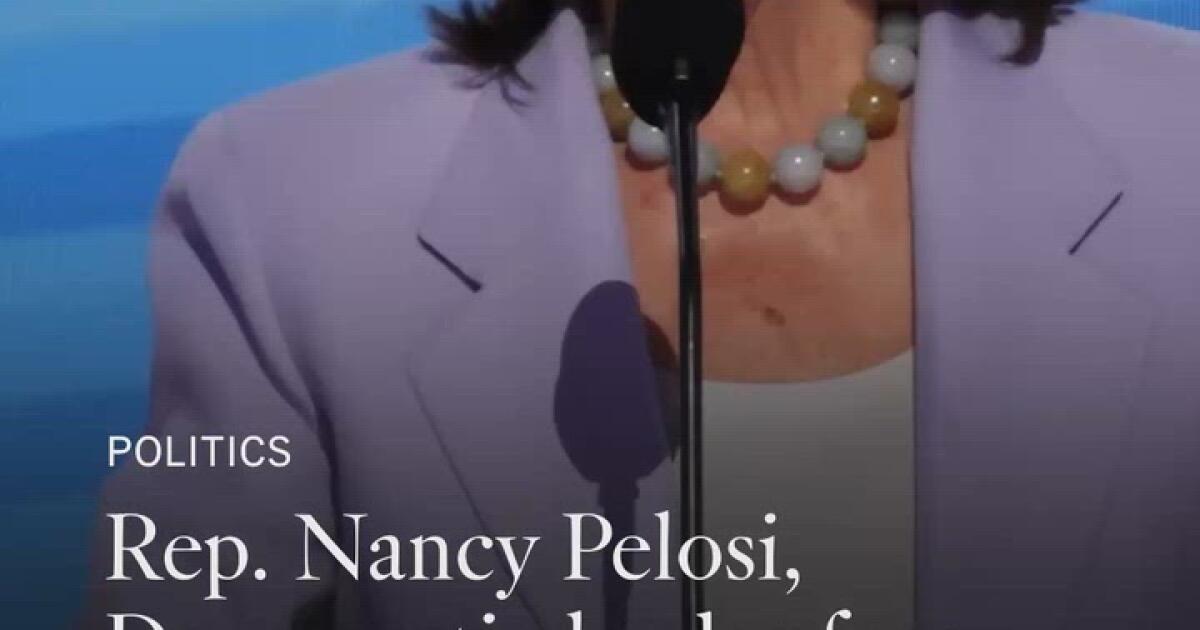Copyright New York Post
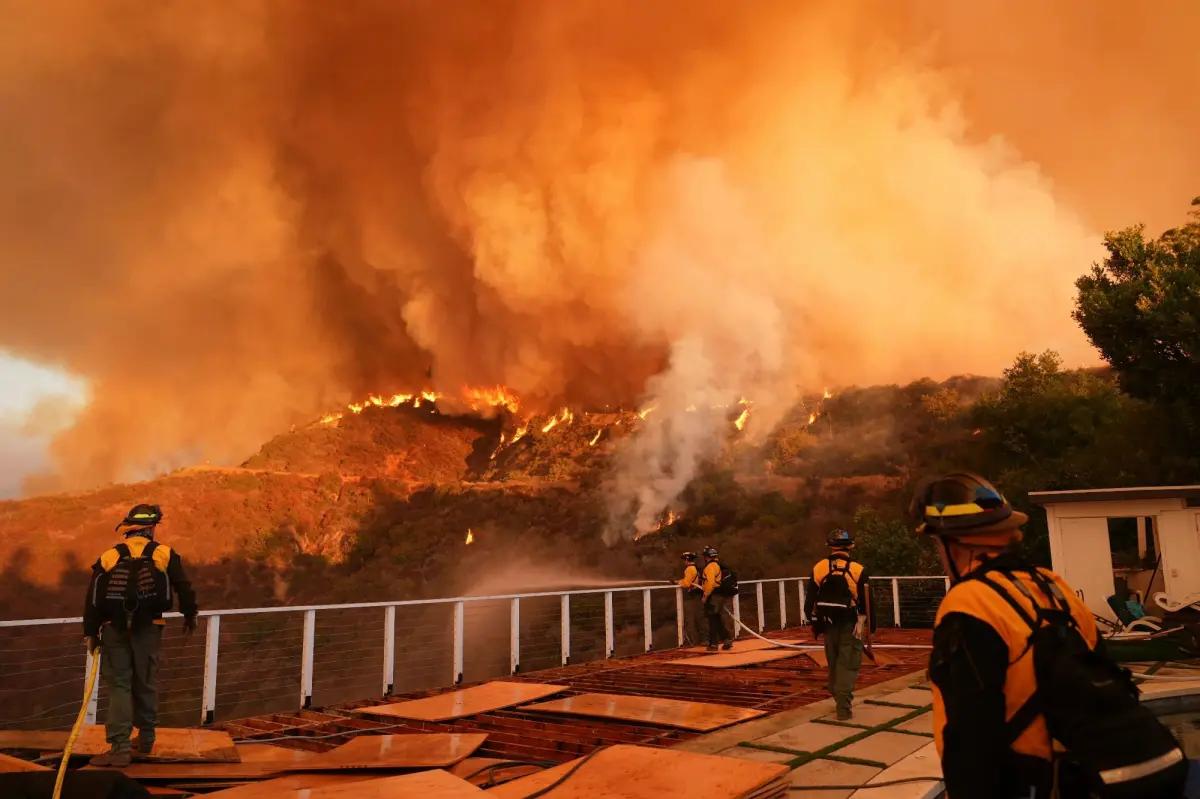
The Los Angeles Police Department’s after-action report on the Palisades Fire reveals a stunning lack of preparation — and confirms that officers were unavailable because they had been diverted to protect President Joe Biden. The 90-page report pulls no punches in its criticism of the LAPD’s failures during the fire — unlike the LA Fire Department’s version, which glossed over key failures and has been slammed by whistleblowers. The LAPD was generally slow to respond to the Jan. 7 blaze — as was the LAFD. The police department received its first emergency call about the fire at 10:23 am, the report notes, but aside from one officer on the scene, it took the rest of the department nearly an hour to mobilize. The “long drive to the far westside of the division prevented the units from arriving quickly,” and insufficient units were in place nearby ahead of the disaster. Police had been briefed the day before, on Jan. 6, about the impending “life-threatening and destructive windstorm.” But the LAPD told a meeting of city emergency officials that “many resources were assigned to a visit from the President of the United States” — lame-duck Biden. As I would later report, dozens of LAPD officers were assigned to the president’s security detail —making them unavailable for emergencies or evacuations. As panicked residents became stuck in traffic on Sunset Boulevard — the only way into, and out of, several neighborhoods — no officers were available to direct traffic, the new report admits. “All of the Department’s on-duty motorcycle officers” were with Biden. Their “ability to maneuver through heavy traffic would have helped reduce the gridlock in the Palisades.” But the president could not — or did not — let them go. Panicked residents, trapped in their cars, saw the smoke arriving and decided to flee on foot. The abandoned vehicles meant no one else could drive out, either. Eventually, the LAFD had to use bulldozers to move cars to the side to allow fire engines — which had not been pre-deployed, either — through. The LAPD did manage to reassign 65 officers in patrol cars, and credits them with helping to evacuate the remaining residents. But crucial hours had been lost. The department acknowledges a catastrophic breakdown of communications. Reports at the time suggested that residents who called 911 found dispatchers had no idea there was a fire, and the LAPD after-action report reveals radio transmission, difficult enough in the hilly terrain, were “made exponentially worse when the fires destroyed the radio and cell phone sites designed specifically to serve the area.” On the ground in the fire zone, “coordination between LAFD and LAPD was minimal.” The two agencies were even working from the same command post, at Fire Station 23 on Sunset Boulevard, but could not find a way to work together: “Though both agencies were colocated at the same CP, the two departments did not collectively establish a unified command structure or identify shared objectives, missions, or strategies.” Later, police had to evacuate that post, which was threatened by fire, causing even more confusion. Inexcusably, the report reveals that the LAPD is not trained to work with nearby emergency agencies: “The Department has little experience working with agencies outside of the City of Los Angeles, especially in dynamic disaster response scenarios.” Given the complex, overlapping jurisdictions in the area — Los Angeles County, for example — that seems almost impossible. But according to the LAPD’s new report, it is the sad truth. The LAPD should be commended for offering the public such a forthright admission of the terrible mistakes it made. Yet there can be no excuses — and responsibility lies at the top, with Mayor Karen Bass and LAPD Chief Jim McDonnell. There were far higher priorities on Jan. 7 than Biden’s family visit to Los Angeles. And the federal government provides ample grants for training local police to work with firefighters and other outside agencies. The LAPD’s failures can also be traced to other factors — such as the attrition caused by the hostile attitudes of the Black Lives Matter era, when police offers were dehumanized, and the harsh vaccine mandates of the coronavirus pandemic. City leaders put politics over preparedness, leading to a collapse in morale and public trust. The LAPD after-action report will go some way toward restoring that trust — but only if it brings accountability, and a new approach to public safety. Joel Pollak is The California Post’s Opinion Editor. The California Post, a sister publication to The New York Post, will be launching early in 2026.
